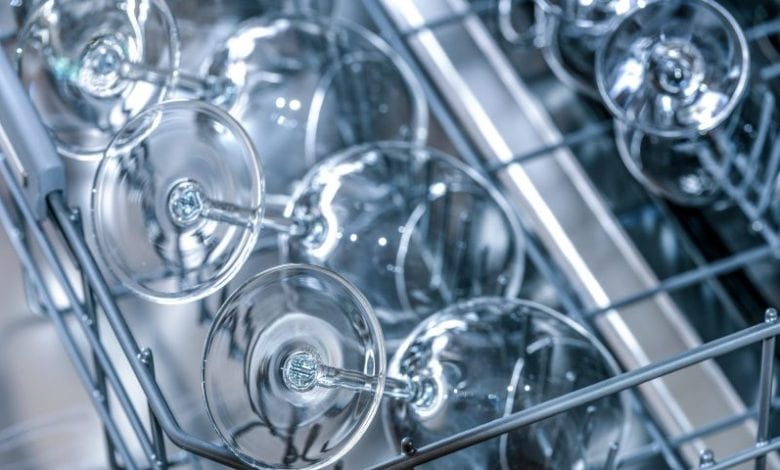Advice
Adding a touch of sparkle

The hospitality industry spends millions of pounds each year on creating the perfect atmosphere for customers. From styling to lighting every little detail is perfected to create the ultimate experience from the minute you walk in to any bar, restaurant or venue.You'll need to
subscribe to unlock this content. Already subscribed? Login?











